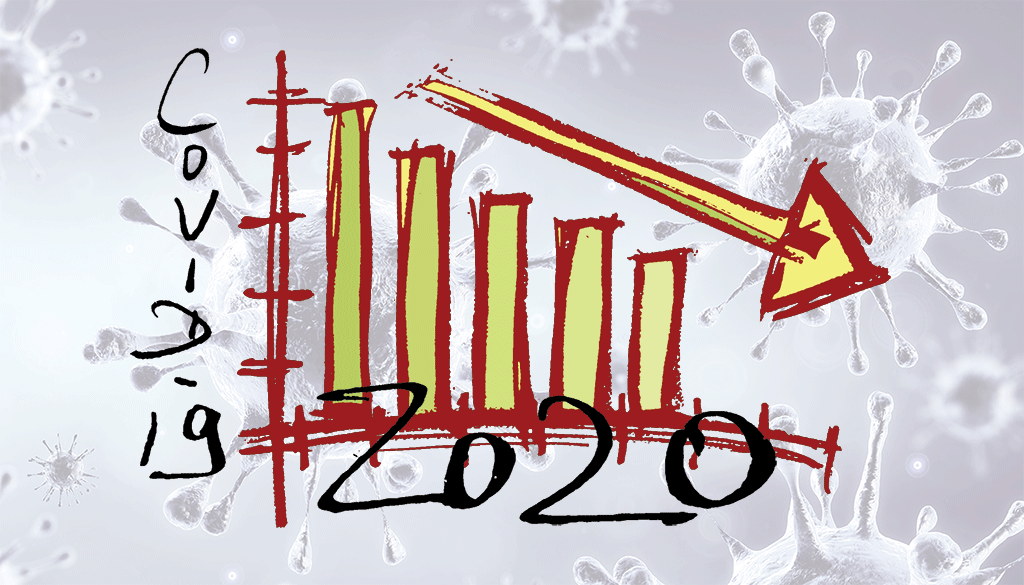
Nepal, as a country, has always been famous for gambling. Historically, we’ve loved gambling so much that the early European visitors to the Kathmandu Valley used to be baffled by the open gambling that took place on the streets of it. Our erstwhile rulers, the Rana Prime Ministers would declare gambling in public open on any occasion that they felt needed to be celebrated. Consequently, open gambling on the streets was allowed not only during the big festivals of Dashain and Tihar, but also when a new ruler ascended the throne (coronation) or when a new heir was born. Such occasions of public gambling was thought to please the subjects and assure the safe continuation of the throne. The Rana Prime Minister Dev Shumsher is credited with making a record of open gambling days during his short rule of 114 days. The older generation of Nepalis remember the rulers by their gambling characteristics, whether they loved putting the bet or throwing the dice and what ‘dau’ (number indicating a ‘win’) was their favourite one. Gambling is sort of a national game for us. It has become the pastime of all those who do not need to toil 365 days a year to meet the basic needs of themselves and their family members (or for that matter, for those who do not care about providing for their family).
In the good old days, the ‘game’ would be played with 16 pieces of money cowry (Monetaria moneta)or shell money which was used as a medium of exchange in many parts of the world during medieval times. With the passage of time and abolition of hereditary Prime Ministership, the official announcement of open gambling ceased to exist (even laws have been promulgated to totally ban gambling in the country), but gambling seems to be in our veins.
The cowry game, now-a-days, may only be played during festivities, but we seem to have invented the game of ‘Marriage’ played with three or four packs of cards. The bets in ‘Marriage’ unlike in the cowry game is confined to the players. In the Cowry game, even third parties not directly involved in the game can bet, drastically increasing the pool of money on betting. However, the game of ‘Marriage’ is more contained, with only the players owning their games.
An overwhelming proportion of our senior bureaucrats, police officers (who are entrusted to punish the gamblers), judges (who are supposed to ensure the supremacy of legal behaviour), teachers and businessmen are found totally engulfed in the game of ‘Marriage’ during off days, while some may even indulge in it during office days. So much so that the main reason given for resorting back to six working days a week from five working days a week some years earlier by the royal regime, was that government employees were resorting to gambling when they had an additional free day. By this logic, the regime should have announced 24 hours, seven days a week as office hours for government employees. The other gambling game, we have mastered is lottery.
Most of us would not consider betting on a lottery or in card game as gambling. One of the ‘learned’ judges of our Supreme Court decreed that the game of ‘Marriage’ could not be considered gambling alone, as it involved the exercise of mind or ‘brain’ (this scribe cannot figure out which activity can be performed without involving the ‘brain’, may be the judgment itself was outside the purview of the exercise of the ‘brain’).
The state may have banned gaming for the nationals (it allows foreigners to play in innumerable casinos and mini-casinos that have cropped up with almost every hotel worth mentioning), but our faith in ‘luck’ continues unhindered. We do not have a national or provincial lotto allowing betters to select their own number/numbers (Such lotto are quite popular elsewhere in the world and are seen by the government as a means of raising finance from the betting public), but all our actions seem to be governed by the principle of lottery.
We subscribe to newspapers not because we need to read the paper every morning, but because we may become a ‘Lakhpati’ or even a ‘Crorepati,’ or win a kilo of gold. Painting your house may provide you the opportunity to own a new house or take a foreign jaunt. Buying a bike may lead to ‘owning’ a car. Even buying cement and steel bars to construct your house may allow you to win big in associated lotteries. We guzzle cold drinks and alcoholic beverages not because we are thirsty, but because we may be able to witness a world cup match as a result of the drink. The most popular marketing gimmick in Nepal seems to be to associated with testing one’s luck with chance of winning something big. We have network business operators who will swear to anything to claim that it is not gambling, but a very good business proposition (of course the proposition is very good for the operators).
The play of luck has even been associated with our IPO market. Whenever a bank or any other financial institution issues share (they are compulsorily required) to the public, it is at par value and there have been instances of oversubscription of hundreds of times. The shares are then allotted based on a lottery system. So, whenever an IPO is announced, there is a dash to collect citizenship papers of family relatives and acquaintances to apply for shares. A few years ago, there used to be news of manpower company operators applying for shares in the name of the persons they had sent for employment. Our share market regulator had to come with a number of conditions for applying to an IPO. In any normal and mature market, IPOs are made with a premium allowing the promoters to benefit. There may be some amount of ‘luck’ involved in allocation, but share application in volumes of hundreds of times more than the supply is unheard of or improbable.
But in Nepal, getting a share in an IPO is a product of luck, pure and simple! The promoters have no way to benefit from the high demand for the shares of their companies, and are hence unlikely to offer shares of profitable ventures to the public. This has kept the growth of the share market (not to be confused with the growth of index) in terms of coverage, and it has not taken off. In our share market only financial institutions seem to be issuing shares. And this is only because it is compulsory for them to issue shares to the public.
Of late, there may have been some changes, allowing issuance of a share at a premium, but the procedures to be followed seem still to be cumbersome. So promoters are unwilling to issue shares of their successful ventures to the general public. This has slowed the expansion of the stock market and also the growth of professional management and corporate governance, essential elements for a modern market economy.
The latest manifestation of trying one’s luck was seen in the distribution of licenses for owning a taxi cab in Kathmandu. 1,500 lucky ‘victims’ of the devastating 2015 Earthquake were selected on the basis of a lottery and were allocated the right to own a taxi cab. It was reported in the media as an effort of the government to reduce the suffering from the disaster. The lucky were selected on the basis of a quota of different districts. So, the really lucky ones not only got a cab license but also a reason to shift their residence to Kathmandu with the promise of rehabilitating the victims in their place of choice a good miss. It seems that in this land of gamblers, one needs to be lucky enough not only to survive the calamity, but to get the relief provided by the state. So this monsoon, the plastic sheets generally given to flood victims may also be decided by lottery.
Even our policy making and economic forecasting seems to be an exercise in trying one’s luck. We do get to position not because we did something and we deserved to be there, but because Lady Luck smiled on us. (At least Luck is considered to be a lady in this male dominated patriarchal set up). Our political masters make important decisions not on the basis of detailed evidence based analysis, but on the advice of astrologers and God-men. We need to have an auspicious moment for everything. For pleasing Luck we may worship not only the holy cow, but even a buffalo.
So overpowering has been our obsession with Lady Luck that the best known anthropologist of Nepal, Dor Bahadur Bista saw our faith in luck as the main reason behind the stagnation of the country in his analytical masterpiece aptly titled ‘Fatalism and Development’. Our confidence in faith is so overpowering that we have born leaders and rulers (offspring of former leaders and rulers), born entrepreneurs (children of existing businessmen) and born professionals (children of people of profession) and the rest are born to be damned. A ‘State of Gamblers for the Gamblers’ should be the essence of the state characteristics of Nepal. My proposal would be to enshrine it in our new constitution through an appropriate amendment. May be then, many more foreigners will gamble to visit Nepal and contribute to our gamble for a better life.
 Dr Hemant Dabadi is a Senior Fellow at Samriddhi, The Prosperity Foundation,
well-known expert writing and researching on economic aspects of federalism in Nepal.
Dr Hemant Dabadi is a Senior Fellow at Samriddhi, The Prosperity Foundation,
well-known expert writing and researching on economic aspects of federalism in Nepal.
 Dr Hemant Dabadi is a Senior Fellow at Samriddhi, The Prosperity Foundation,
well-known expert writing and researching on economic aspects of federalism in Nepal.
Dr Hemant Dabadi is a Senior Fellow at Samriddhi, The Prosperity Foundation,
well-known expert writing and researching on economic aspects of federalism in Nepal.
Published Date: July 14, 2017, 12:00 am
Post Comment
E-Magazine

Click Here To Read Full Issue
RELATED 360 Scrutiny


